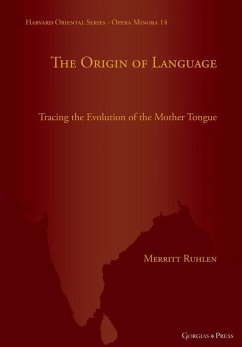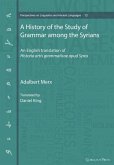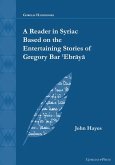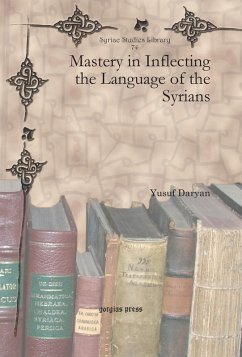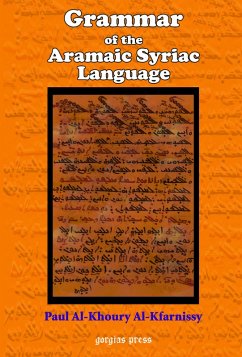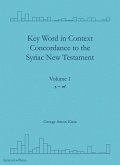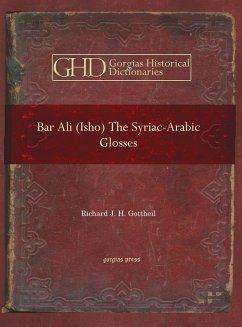This book, The Origin of Language: Tracing the Evolution of the Mother Tongue, originally published in 1994 by John Wiley & Sons, was written in a more popular style, accessible to an educated general audience, than the more scholarly and academic tome of a similar title, On the Origin of Languages: Studies in Linguistic Taxonomy, published the same year. In The Origin of Language Ruhlen laid out the principles of linguistic genetic classification, i.e., classifying languages into families according to common origins rather than typological features. Ruhlen showed how simple this can be, especially for languages that have diverged for a few millennia, by juxtaposing short lists of basic (non-cultural) words like eye, fire, and tongue. He also showed that the same methods can be used to postulate older and deeper families, often called "macro-families" or "macrophyla," by comparing reconstructed forms from lower-level families. Such deeper families (e.g., Nostratic, Dene-Caucasian, Nilo-Saharan, Austric) are generally more controversial than lower-level families, but Ruhlen did not shy from discussing them if he thought the evidence supported them. Ruhlen was also interested in other fields of anthropology, such as archaeology and human genetics, and brought these fields into play.
Dieser Download kann aus rechtlichen Gründen nur mit Rechnungsadresse in A, B, BG, CY, CZ, D, DK, EW, E, FIN, F, GR, HR, H, IRL, I, LT, L, LR, M, NL, PL, P, R, S, SLO, SK ausgeliefert werden.

